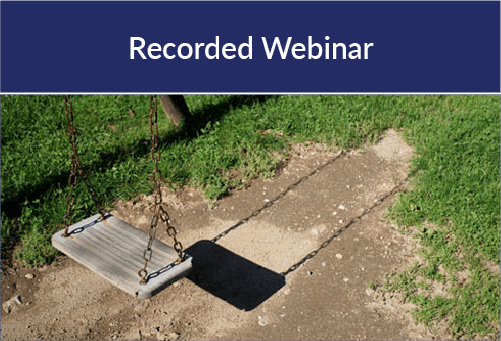


Explore how navigating through a pandemic has impacted the search, investigation, identification, and reunification of the missing and unidentified. You will learn how the National Missing and Unidentified Persons Conference brings together national and international experts to address these difficult issues by offering innovative and effective strategies and approaches to address the complex, multifaceted nature of missing person cases exacerbated by the pandemic.

Technology has transformed how we investigate crime scenes, and mobile devices are central to this evolution. This webinar will explore how cell phone data—collected through cell site dumps, area dumps, and real-time device “pinging”—can identify suspects, locate witnesses, and support or refute alibis. We'll explain how signals like Wi-Fi, Bluetooth, and other device emissions—digital DNA—can be documented and analyzed to identify unknown individuals at the scene. Whether in a crowded public area or a remote location, these invisible digital breadcrumbs can provide key leads in investigations.

From the initial 911 call to the courtroom, real-time crime analysis and rapidly evolving technology are transforming how law enforcement solves crimes and delivers justice faster than ever before. Join us for an engaging webinar that explores the digital tools, forensic innovations, and data-driven strategies that are reshaping modern criminal investigations — both today and into the future. With the belief that we are all digital detectives; this session will take a closer look at the latest advancements powering today’s investigative efforts. As we work to increase solve rates and better serve victims in our communities, the integration of technology into every phase of an investigation is proving essential. Attendees will gain insight through real-world case studies and practical examples that highlight how these tools are being used in the field to solve crimes more efficiently, accurately, and with fewer resources.

Discover the relationship between self-care and organizational resilience of a comprehensive two-day course, condensed into a one-hour session. Organizational resiliency promotes an inclusive work environment, strengthens employee retention, and improves workplace satisfaction. In this session, gain strategies to understand, assess, and support work culture and morale. Explore how ethical leadership influences a resilient culture and how a focus on self-care impacts organizational effectiveness. This one-hour portion offers an overview of the full course, providing key insights to enhance organizational resilience.

Crimes are rarely solved within the first 24 hours, but those first hours after the crime is discovered are critical for law enforcement. While nothing can replace a skilled investigator, various technologies can assist in providing significant leads. Instead of treating technology as an afterthought, this webinar will discuss digital identifiers that can help you during your investigations. During this webinar, we will share victim-based, suspect-based, and location-based ways of finding evidence to include innovative ways of seeing a crime scene through different technologies. This is a part 1 of 2 webinars. Though it is recommended, you do not need to attend part 1 to attend part 2. Remember, even though your suspect's device did not "connect" to anything, it likely did leave a trail on the victim's device, nearby routers, or may have been collected by tech companies. No high-tech background is needed!

Crimes are rarely solved within the first 24 hours, but those first hours after the crime is discovered are critical for law enforcement. While nothing can replace a skilled investigator, various technologies can assist in providing significant leads. Instead of treating technology as an afterthought, this webinar will discuss digital identifiers that can help you during your investigations. We will discuss victim-based, suspect-based, and location-based ways of finding evidence to include innovative ways of seeing a crime scene through different technologies. This is a part 2 of 2 webinars. Though it is recommended, you do not need to watch part 1 for part 2. Remember, even though your suspect's device did not "connect" to anything, it likely did leave a trail on the victim's device, nearby routers, or may have been collected by tech companies. No high-tech background is needed!

Detective Agnes Watson, Rialto Police Department in California, gained critical insights and resources at the 2022 National Missing and Unidentified Persons Conference to better aid in the investigation and safe recovery of a missing teenager abducted from her home. Watch the video testimonial to hear about this case and lessons learned. The 2025 conference will be held in Las Vegas, April 15-17, and will feature breakout sessions, plenary sessions, and daily keynote presentations delivered by experts in the field of missing persons.
